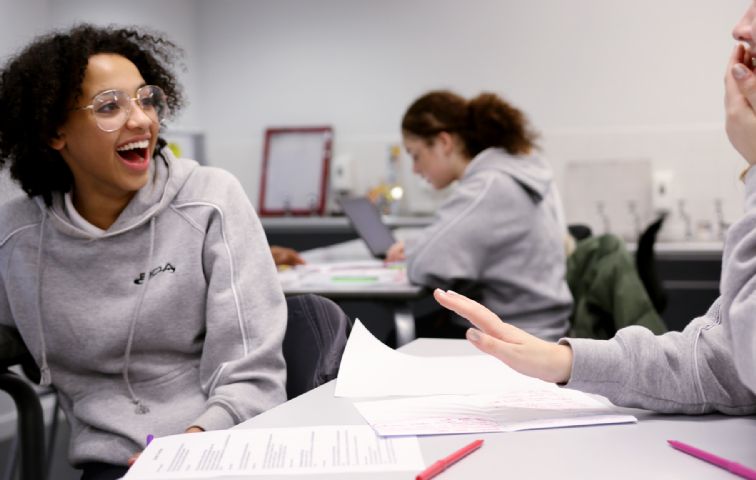Citizenship GCSE

Citizenship GCSE
Citizenship has the power to motivate and enable young people to become thoughtful, active citizens. You will gain a deeper knowledge of democracy, government and law, and develop skills to create sustained and reasoned arguments, present various viewpoints and plan practical citizenship actions to benefit society.
How is the course structured?
The course involves four units, assessed via two exams.
Life in Modern Britain
This unit looks at the make-up and dynamics of contemporary society, what it means to be British, as well as the role of the media and the United Kingdom’s (UK’s) role on the world stage.
Rights and Responsibilities
This unit looks at the nature of laws, rights and responsibilities within the UK and has a global aspect due to the nature of international laws, treaties and agreements by which the UK abides.
Politics and participation
This unit aims to give the student, through an understanding of the political process, the knowledge and skills necessary to understand how to resolve issues, bring about change, and how the empowered citizen is at the heart of our society.
Active Citizenship
Students are required to undertake an investigation into a citizenship issue of their own choice which involves research, action and reflection.
How will I learn and be assessed?
In Citizenship you will asked to apply your knowledge of a wide range of issues to a variety of question types. The two exams will include multiple-choice, short answers, source-based questions and extended answers.
Two 1hr 45min exams – both at the end of the course in June.